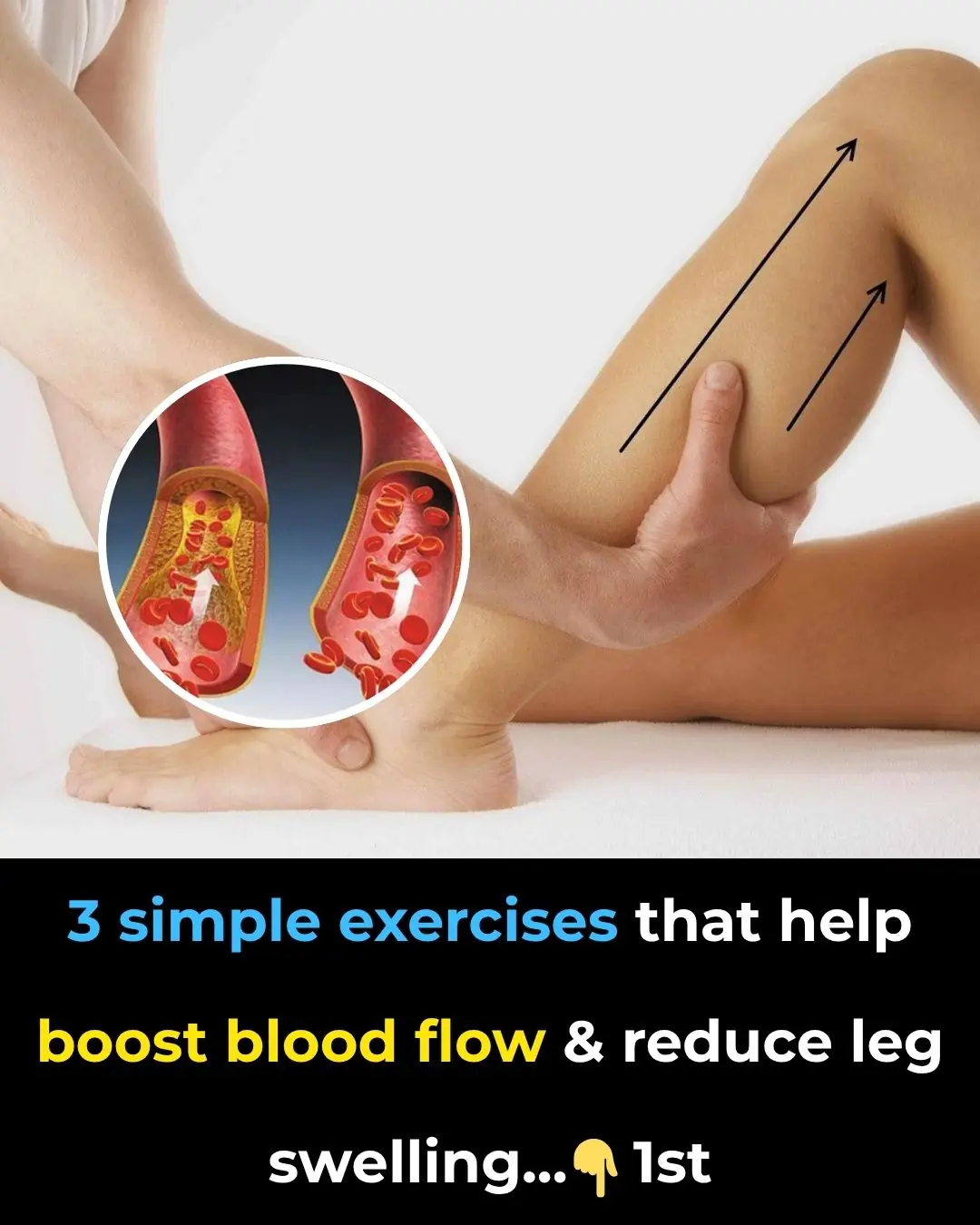
Tired of Being Convenient The envelope with the invitation lay on the table. Snow-white, with gold scrollwork, it seemed to mock the woman who was afraid to open it.
The envelope lay on the table like a silent accusation. Snow-white, adorned with golden flourishes, it shimmered with elegance — and cruelty. It mocked the woman who hesitated to open it.
Tamara Ivanovna traced its smooth surface with a trembling finger. She already knew what it contained: words that would wound. Her daughter was getting married. And the mother — the one who had sacrificed everything — was the last to know.
The phone rang, slicing through the silence.
— Mom, did you get it? — Ira’s voice was taut, stretched thin like a wire about to snap.
— I got it.
— Listen, there’s a small issue. I told everyone you’re very ill. Seriously. Like… bedridden.
Tamara’s hand shook. The envelope slipped from her grasp and fluttered to the floor.
— Why?
— What do you mean why! — Ira’s voice sharpened with irritation. — Andrei works at a prestigious firm. There’ll be important people there. They expect a certain image. And you… well, you understand.
Yes, she understood.
Forty years as an accountant — not the right image. Three consecutive shifts to pay for tutors — not the right image. Loans for overseas internships — still not the right image.
— So I’m not coming?
— Of course not! How could you, if you’re “sick”? — Ira gave a short, dismissive laugh. — People would wonder why the bride’s mother suddenly rose from her deathbed. It’d be awkward.
Awkward. Forty years of motherhood — convenient. A seat at the wedding table — inconvenient.
— Ira, sweetheart…
— That’s it, Mom. It’s decided. You understand, this is about my future. Andrei’s future. Don’t make me choose between you and my husband.
The line went dead.
Tamara bent down, picked up the envelope, and opened it. Inside was a beautiful card, embossed in gold:
“Irina and Andrei invite you to share their joy…”
Date: Tomorrow.
Time: 7 PM.
Venue: Restaurant “Golden Star.”
She walked to the window. Outside, her neighbor Valentina Petrovna was tending to her flowers. Her daughter called daily, visited often, brought the grandchildren, asked for advice.
Tamara felt a pang of envy — and immediately felt ashamed of it.
The phone rang again.
— Tamara Ivanovna? It’s Lucy from work. How are you? Irochka said you’re terribly ill. Should we call a doctor?
Her heart clenched. Ira was already spreading the lie, sealing the story so no one would question her absence.
— Thank you, Lucy. I’ll lie down for now.
— Hang in there. And give Irochka our congratulations, if you can.
After the call, Tamara sat quietly, staring at an old photograph. Ira as a student, wearing a dress her mother had sewn late at night. Back then, Ira would hug her tight and whisper, “Mommy, I love you so much.”
She loved her. Until success taught her shame.
— Mom, why do you need these parties and gatherings? — Ira had said in recent years. — You’ll be bored. It’s all modern people, modern topics. Better to rest at home.
At home. Alone. So as not to embarrass the successful daughter.
The next morning, Tamara woke refreshed. She had breakfast, sat for a while, and thought. Then she rose and opened the wardrobe.
Her one formal outfit hung neatly — dark blue, modest, dignified. She ran her hand over the fabric. Why was she considered less than the others? She wasn’t dressed worse than Ira’s friends. She wasn’t less intelligent. Just… not fashionable.
She imagined the evening. The restaurant. The guests. The toasts. The newlyweds — radiant. And no one would ask about the bride’s mother. Everyone “knew” — she was gravely ill.
Tamara picked up the phone and called a taxi.
— I need to go to the center. To the “Elegy” salon.
— We’ll be there in fifteen minutes.
She changed clothes, applied makeup. In the mirror — a different woman stared back. Not tired. Not invisible. Dignified.
At the salon, she tried on several dresses. She chose an emerald green one — it brightened her face, made her eyes sparkle.
— A perfect choice, — the saleswoman smiled. — Special occasion?
— A wedding. My daughter’s.
— How lovely! She must be thrilled.
Thrilled. That her mother wouldn’t show up.
Next stop — the hairdresser. The stylist, a cheerful young man, chatted as he worked.
— My mom’s a saint! Raised me alone, worked like crazy. Now she lives like royalty. I bought her an apartment, call her daily, taking her to the sea in August. You can’t just abandon your mom!
You can’t. But they do.
— You’re doing the right thing, — Tamara said softly.
— Of course! If we don’t honor our mothers, who will?
When he finished, the mirror reflected an elegant woman. Rejuvenated. Only the crease between her brows betrayed her pain. A mother who had earned her place. But who decides — the mother or the child?
The “Golden Star” restaurant gleamed with luxury. At the entrance, guests mingled in designer clothes. Tamara recognized some — Ira’s friends, colleagues.
— Welcome! — a hostess smiled. — Are you here for the Skripkina wedding?
— Yes. I’m Tamara Ivanovna Skripkina. The bride’s mother.
The hostess blinked, confused.
— But… we were told the bride’s mother is… unavailable due to illness.
— Available, — Tamara said calmly. — More than available.
She entered the banquet hall. Music, laughter, clinking glasses. At the head table sat Ira and Andrei — glowing.
Tamara paused at the entrance. Guests turned, curious.
— Excuse me, — a waiter approached. — I think you’re in the wrong hall?
— I’m the bride’s mother, — she said loudly. — Tamara Ivanovna Skripkina.
The room fell silent. Ira stood, pale.
— Mom? What are you doing here?
— I came to congratulate my daughter.
— But you’re… sick!
Tamara stepped forward. The music stopped. All eyes turned to her.
— Dear guests, — she said. — Allow me to introduce myself. Tamara Ivanovna Skripkina. The bride’s mother. The one you were told is on her deathbed.
Her voice was steady, each word deliberate.
— Let me assure you — I am alive and well. I worked as an accountant for forty years. I raised my daughter alone. I gave up everything — comfort, joy, even dignity — to give her a future. And all I ever wanted was a simple “thank you.”
Her voice trembled, but she continued:
— Instead, I received shame. Exclusion. Requests not to “embarrass” her. And finally — erasure from her wedding.
The hall was still. Some women wiped tears. Men looked at Ira with quiet judgment.
— Don’t worry, — Tamara said. — The “sick” mother won’t disturb you. I’m leaving.
She turned to go. A voice called out:
— Tamara Ivanovna!
She turned. A distinguished man approached.
— Vladimir Petrovich Kravets, — he said. — May I speak with you?
They stepped into the lobby.
— Forgive me, — he said. — But I couldn’t stay silent. My mother raised me alone too. I know what that costs.
— Why are you telling me this?
— Because I’m hiring a deputy chief accountant. I need someone honest. Principled. People like you are rare.
He handed her a card.
— Come by tomorrow. We’ll talk. I hire people who understand the value of a mother’s love.
A week later, Tamara sat in her new office. The work was fulfilling. The salary — triple her old one. The team — warm and respectful.
Ira didn’t call.
From acquaintances, Tamara learned: Ira was facing a reckoning. A few months after the wedding, Andrei left. He couldn’t live with someone who treated her mother that way. Friends distanced themselves. Even at work, people looked at her differently.
“Serves her right,” Tamara thought — then felt guilty.
But she had no desire to return to her old role — the convenient, silent mother. That chapter was closed. She was ready to live as a woman. Not just a mother.
Maybe it was all for the best. For both of them. Only through pain would Ira learn the value of love, sacrifice, and dignity.
But that would come later.
For now, Tamara Ivanovna simply lived. Her own life. At last.
News in the same category


The Night Edith Found Her Angels at a Waffle House

The Dog Who Healed Our Hearts: A Story of Rescue, Love, and Second Chances
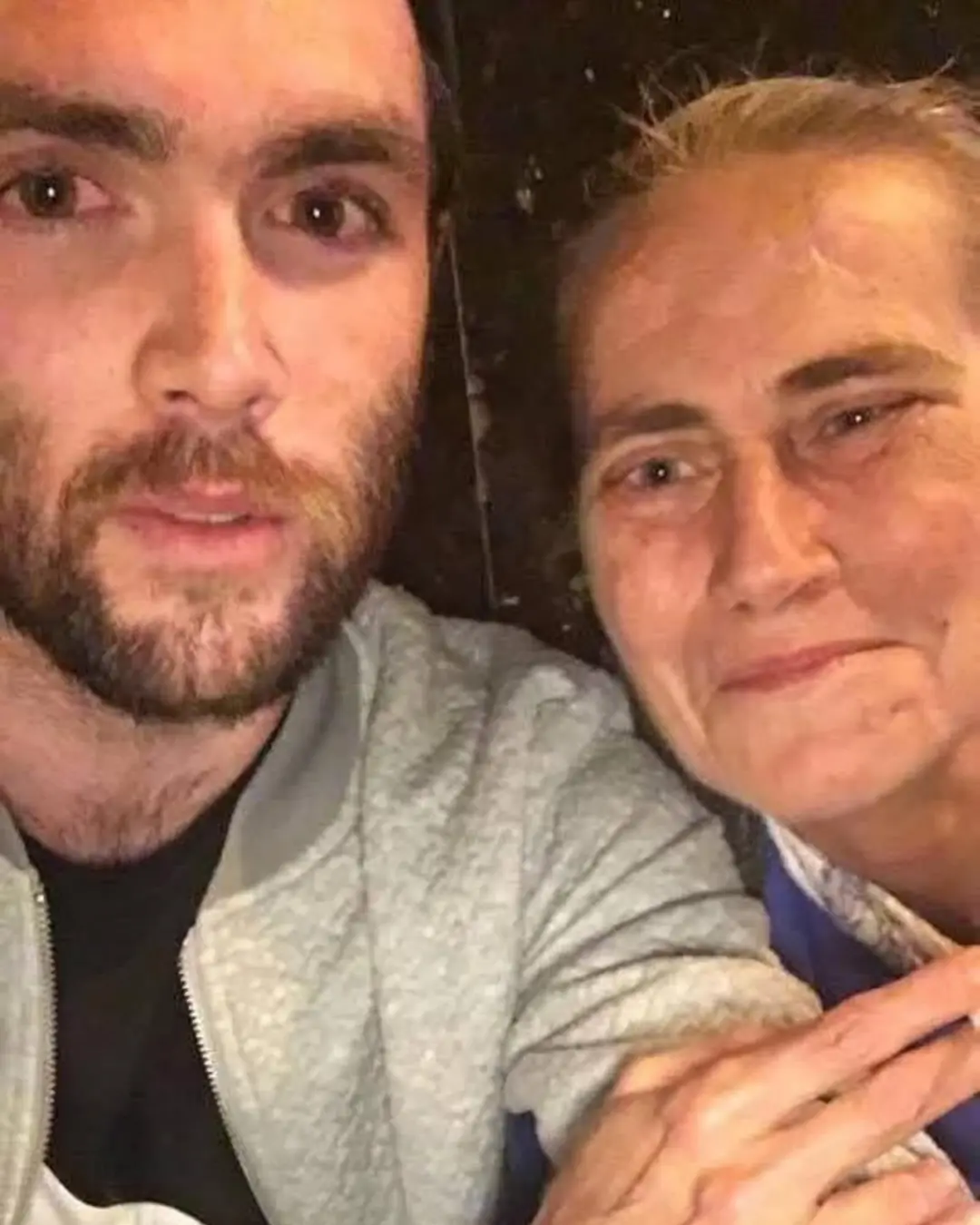
A Night at McDonald’s That Changed a Life — And Mine

Beyond the Badge: A Police Officer’s Reflection on True Community Connection

Koda the Christmas Bandit: The Dog Who Unwrapped Every Gift Under the Tree

A Brother’s Gift: Caleb’s Courage for His Sister Libby

Two Brothers, One Battle: The Scotts’ Fight for Life and Hope

An Elephant’s Cry, A Human Answer.

The Farmer’s Slow Lane
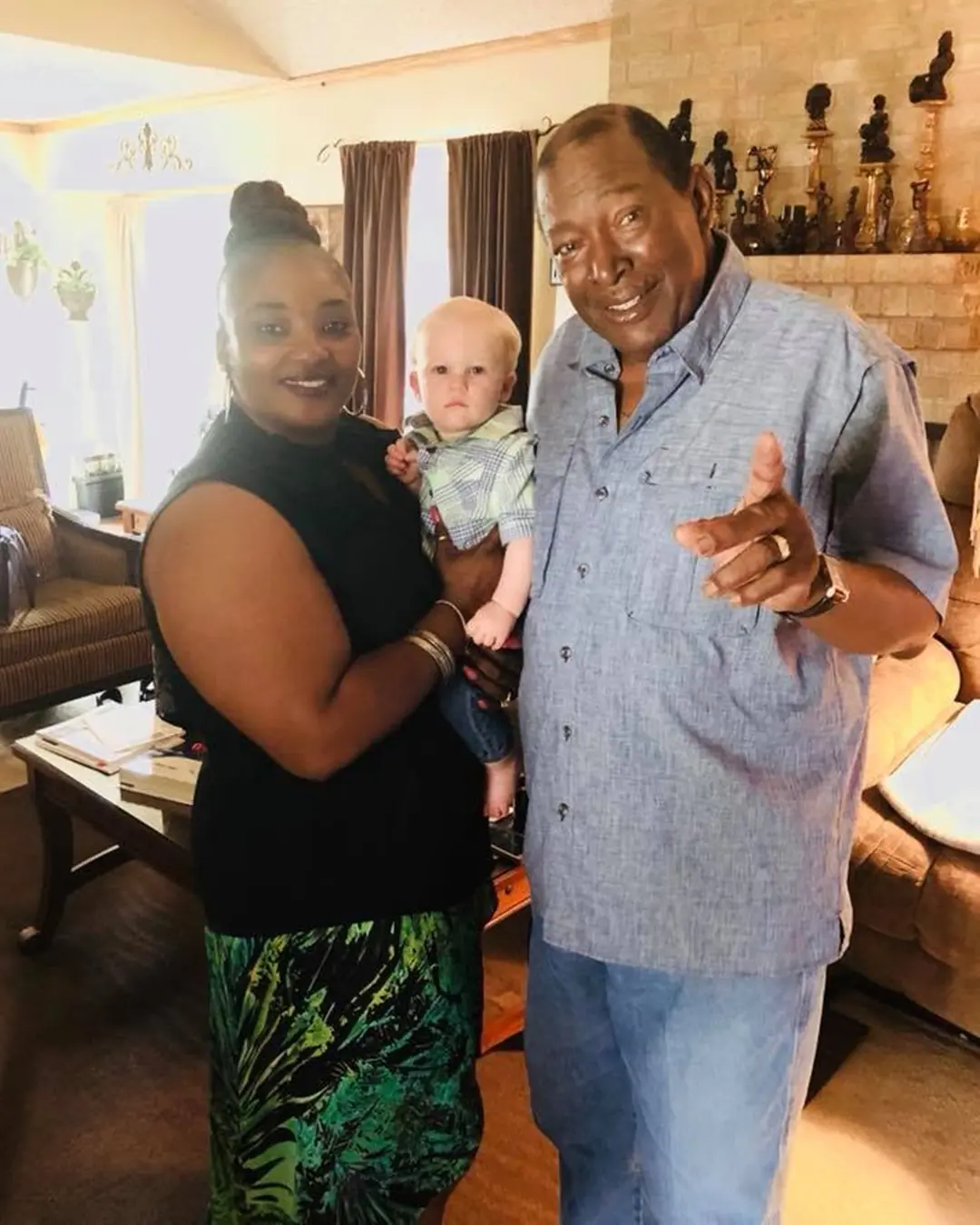
The Gift of a Grandfather Without Bloodlines.

My Ex-husband’s New Wife Unexpectedly Contacted Me – What She Wrote Made Me Go Pale

I Inherited My Grandma’s Cotage, but My Jealous Cousin Wrecked It — So I Made Her Pay Every Penny
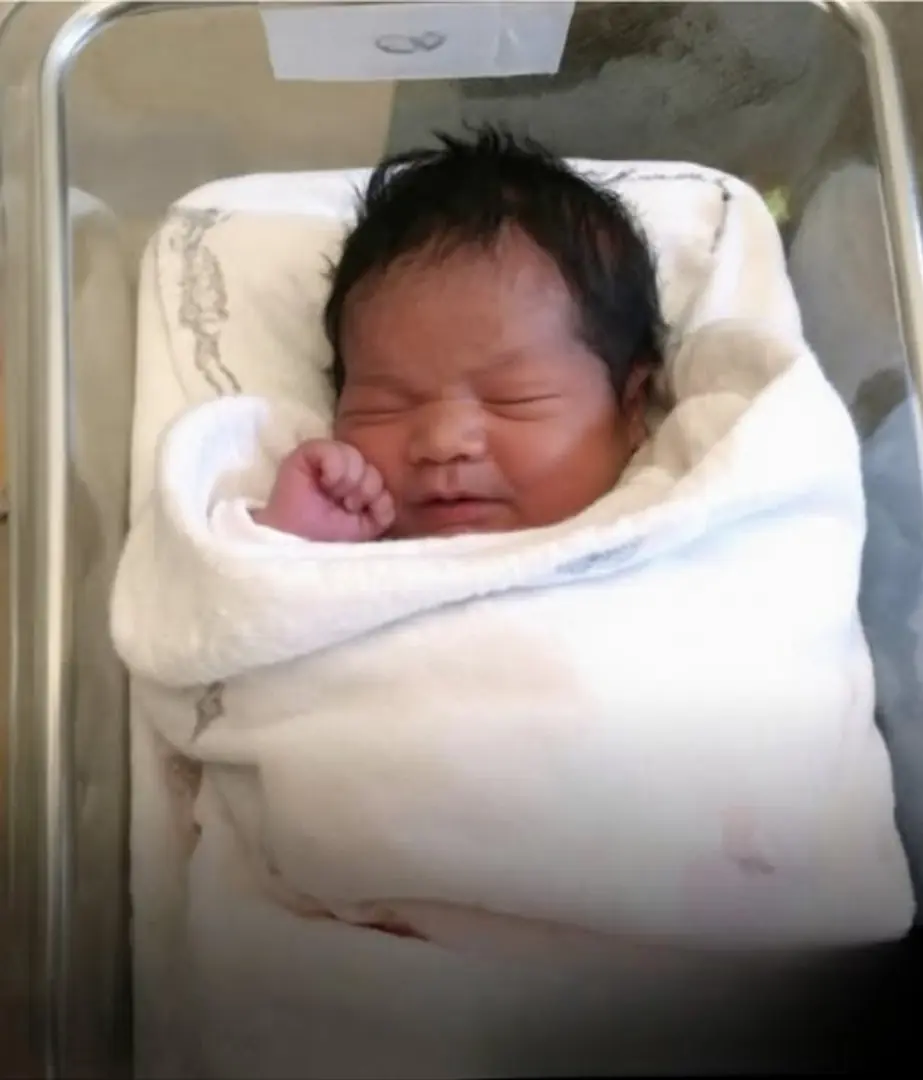
I Nearly Left My Wife When She Gave Birth to a Baby with Dark Skin — But the DNA Results Left Me Ashamed
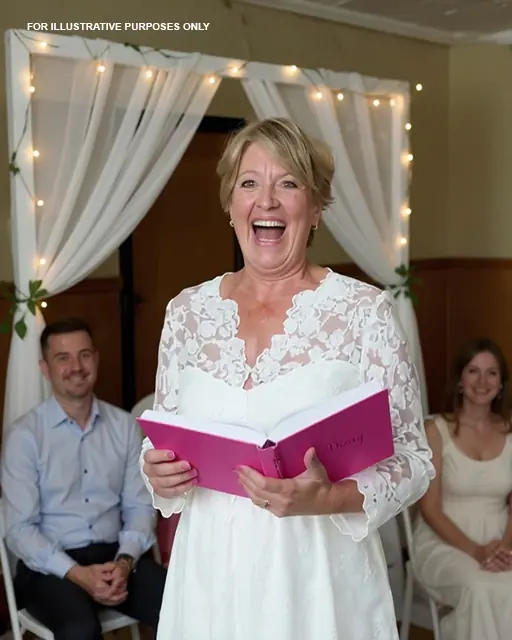
My Stepmother Read My Childhood Diary Out Loud at My Wedding to Embarrass Me — She Regretted It Instantly
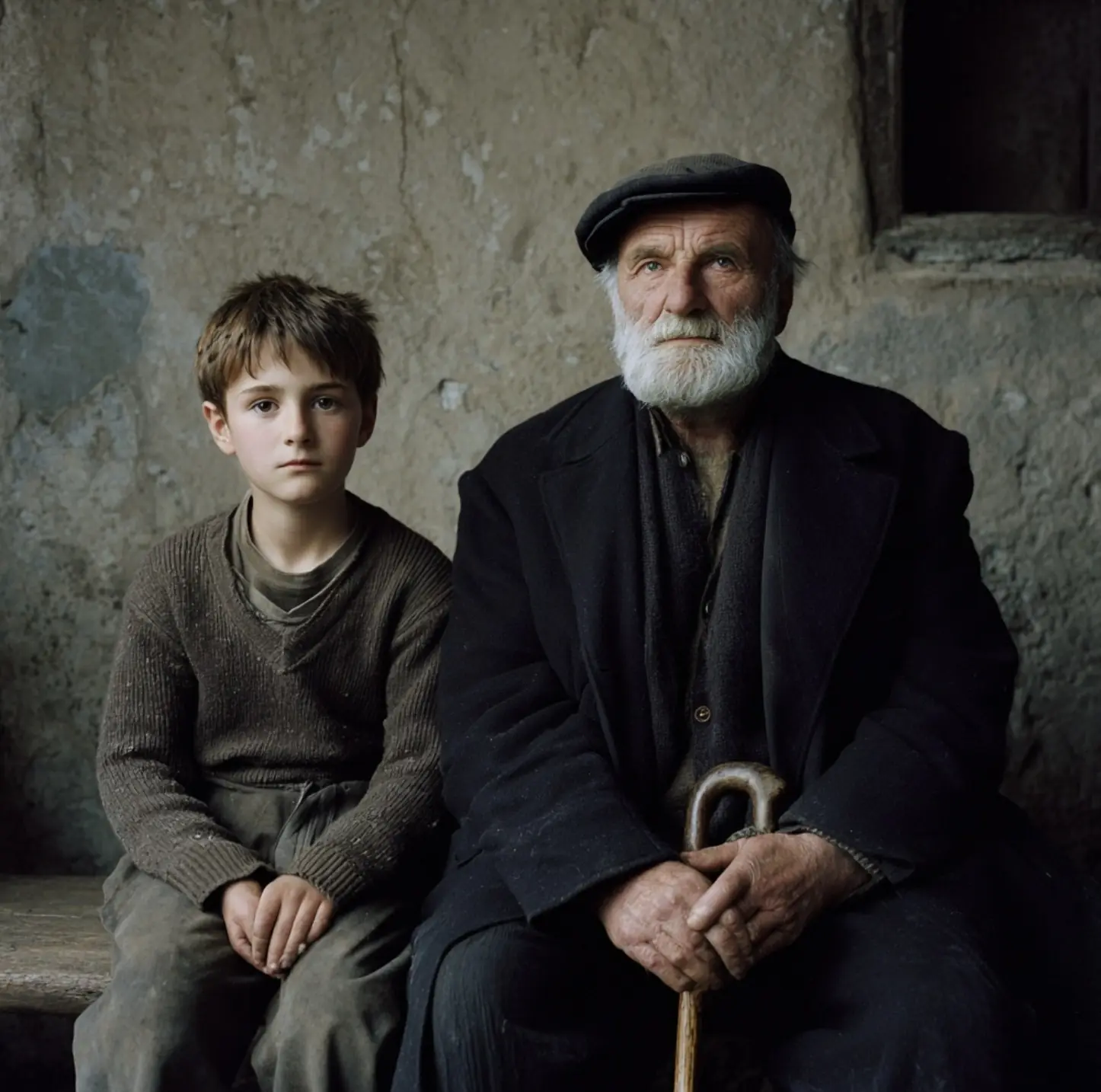
When his mother decided to leave again, Timka was twelve. She didn’t really explain anything, only said she’d been invited to teach—for just a couple of weeks

— Honestly… — her friend paused for a second, as if afraid to say too much, — I still don’t understand: how did you dare to do this? This is beyond the pale, Liza!

A pregnant student stood on the edge of a bridge, ready to jump… But a sudden child’s cry made her turn—and what she saw changed everything!

— “How can you sink so low? Aren’t you ashamed, dear? Your arms and legs work—why don’t you get a job?” people would say to the beggar woman with a child.
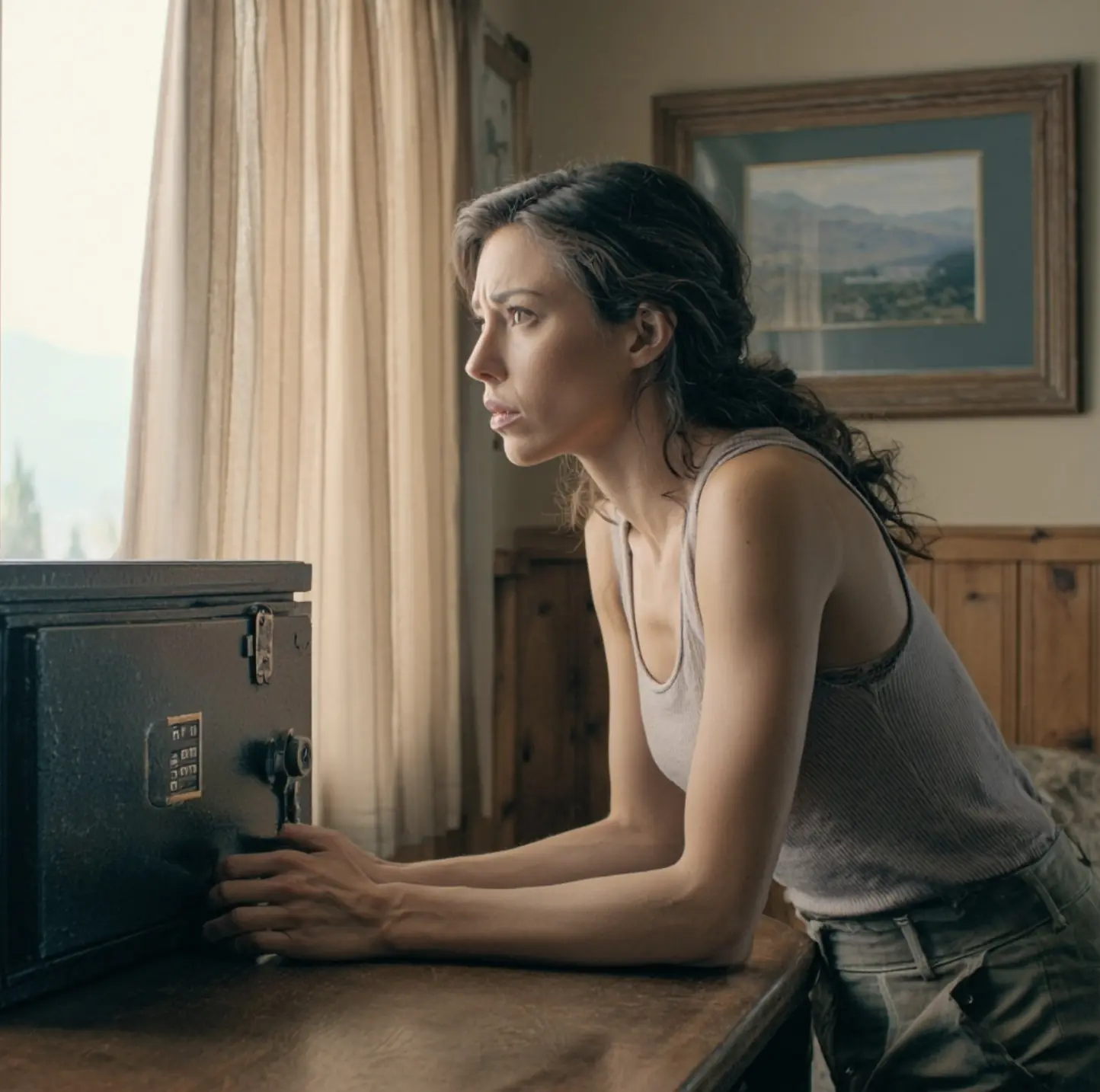
After her husband’s death, she finally dared to open his safe—the one that had always been locked. The moment the door gave way, the woman barely stifled a scream.
News Post

What Your Lips Say About Your Health

Important News for Everyone Who Loves a Daytime Nap

The Night Edith Found Her Angels at a Waffle House

The Dog Who Healed Our Hearts: A Story of Rescue, Love, and Second Chances

A Night at McDonald’s That Changed a Life — And Mine

Beyond the Badge: A Police Officer’s Reflection on True Community Connection

Koda the Christmas Bandit: The Dog Who Unwrapped Every Gift Under the Tree

A Brother’s Gift: Caleb’s Courage for His Sister Libby

Two Brothers, One Battle: The Scotts’ Fight for Life and Hope

An Elephant’s Cry, A Human Answer.

The Farmer’s Slow Lane

The Gift of a Grandfather Without Bloodlines.

12 Powerful Natural Painkillers Found in Your Kitchen

11 Honey Remedies That Truly Work
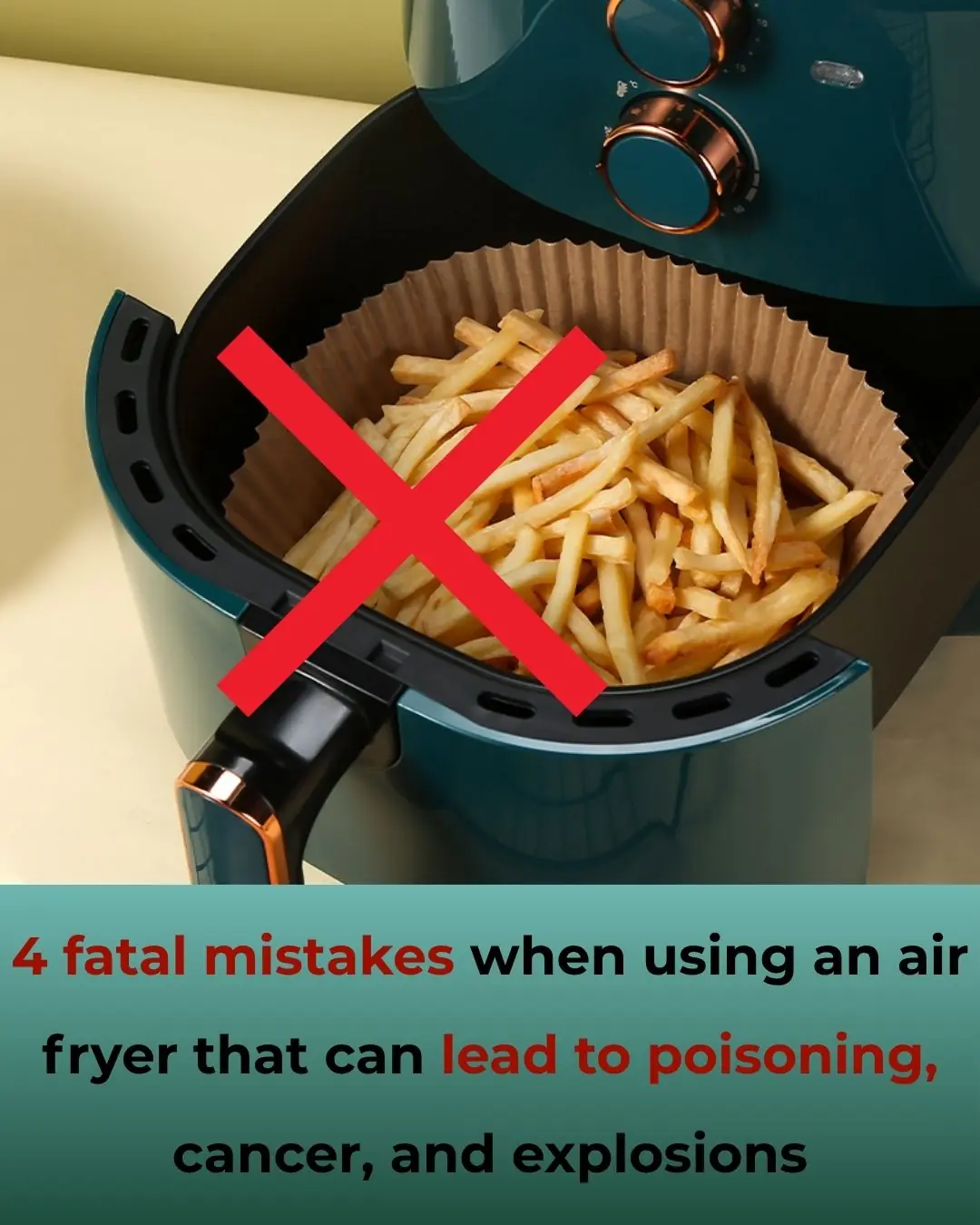
4 Dangerous Mistakes When Using an Air Fryer That Can Lead to Poisoning, Cancer, and Even Fires
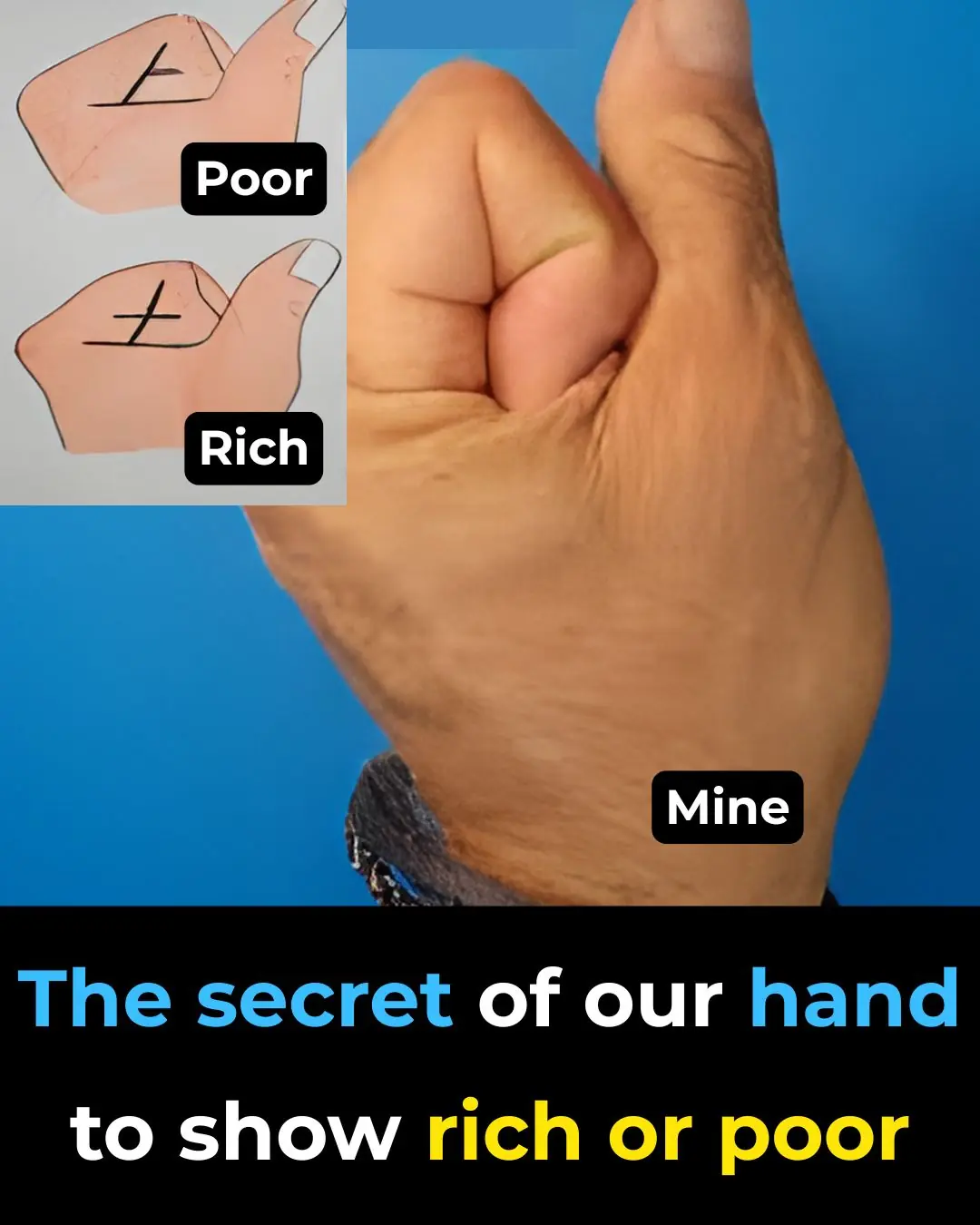
The Secret of Our Hand to Show RICH or POOR…

The Purpose of the Overflow Hole in Your Sink You Never Knew

Only 2% Know This Ancient Spice Can Clean Lung Mucus Overnight 💥

🌿 SENIORS: This 1 Leaf DESTROYS Diabetes & Melts Belly Fat (Doctors HATE It!) | Barbara O’Neill
